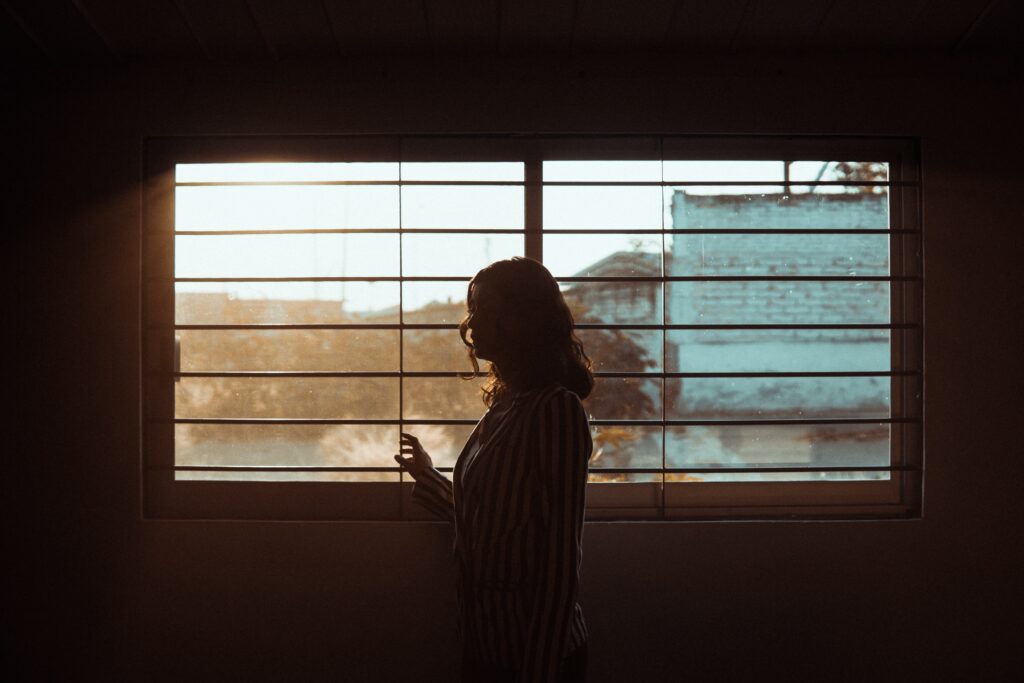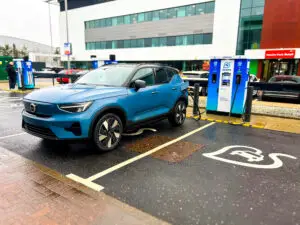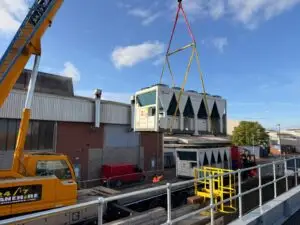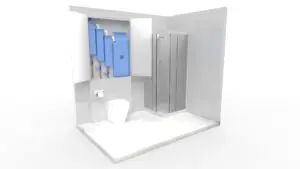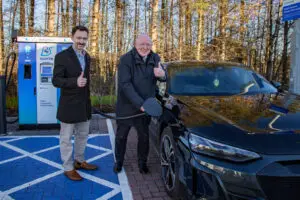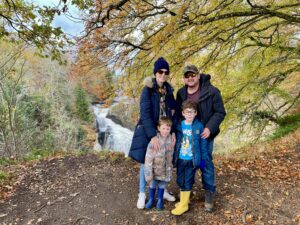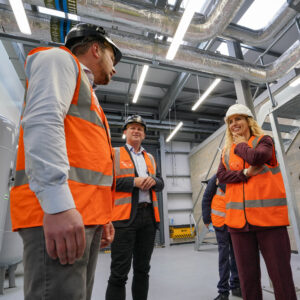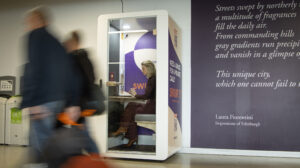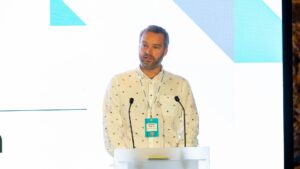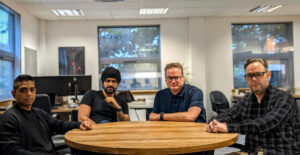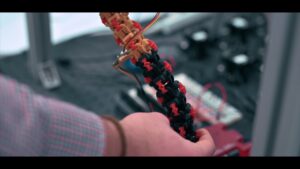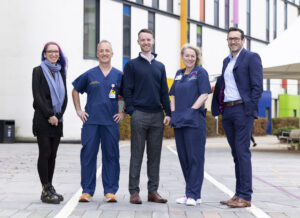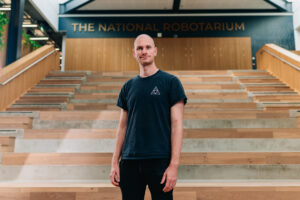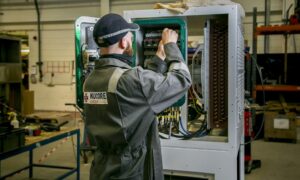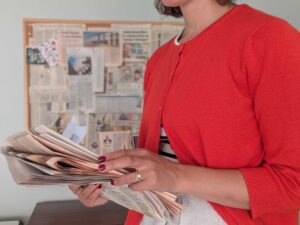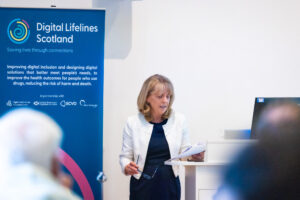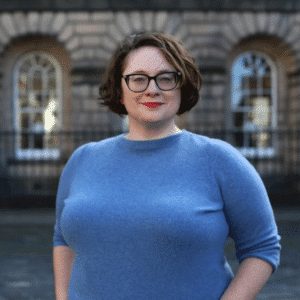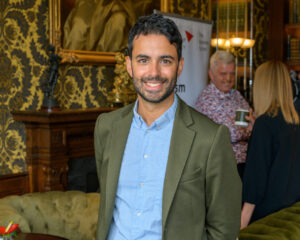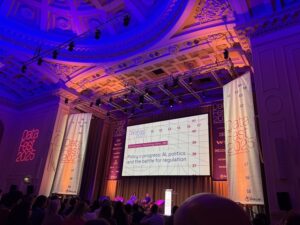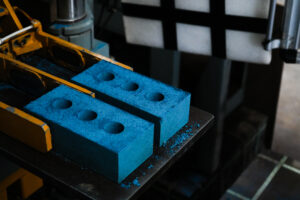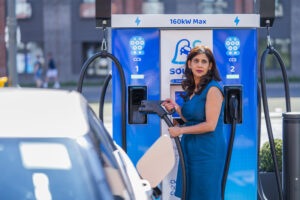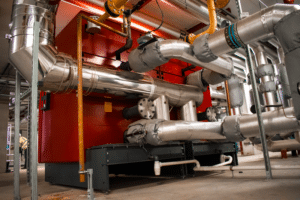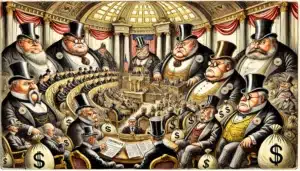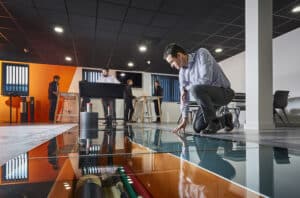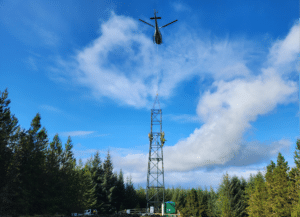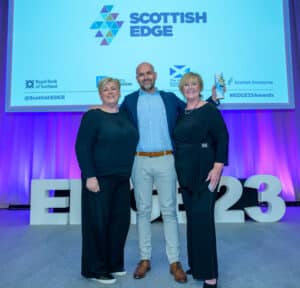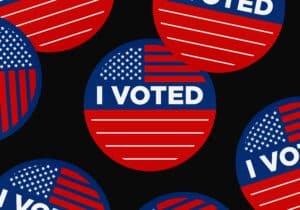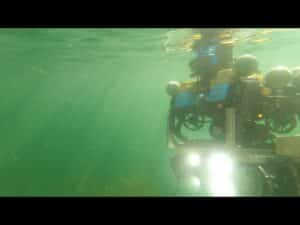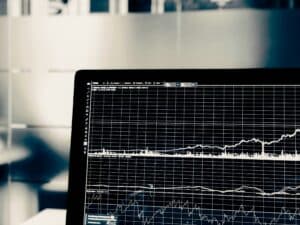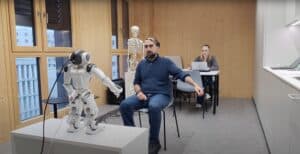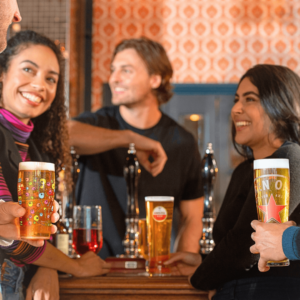I’ve always been fascinated by the way our words shape the way we think. As a society driven by communication, words are the meaning makers in our world. Work, relationships, friendships – even the way we talk to ourselves matters. Navigating the active and the passive, swapping a negative for a positive; word choice can considerably change an outcome, whether it’s a sales pitch, break-up, or words of encouragement to a friend.
And now, in the midst of the biggest crisis many of us will ever encounter, word choice is crucial. Which got me thinking.
We’re currently surrounded by messages telling us to consider our wellbeing: NHS ads on the TV, government advice videos on social media, how-to guides online. We’re encouraged to ‘consider our mental health in lockdown’, ‘stay safe while isolating’, ‘find routines in quarantine’. There’s one huge contradiction going on here, and I think we need to talk about it.
Let’s consider ‘social distancing’. This was enforced by the government to encourage a 2-metre distance from others. A physical distance. But our social lives consist of far more than simply sharing the same physical space. Modern technology allows us to keep in touch with our loved ones, reach out to old friends, share updates and stay connected with the world. There are many ways we can continue connecting socially, no matter what the distance.
Socially distancing implies being cut off, isolated, detached, secluded. But this is not the case. We can see this from the truly inspirational displays of solidarity across the nation – rainbows in windows, colossal virtual gatherings, heart-warming charity fundraisers. Caring for, supporting and encouraging each other can all take place from afar.
I was glad to see the World Health Organisation recognise this distinction, changing their messaging to ‘physical distancing’. However, this point applies to almost all of the buzzwords surrounding COVID-19: lockdown, quarantine, isolation – the list goes on. These words have slipped into our everyday vocabulary so seamlessly that we’ve failed to acknowledge just how negative they really are. A simple thesaurus search for ‘lockdown’ brings up ‘holding cell’, ‘isolation’, ‘solitary confinement’ – this is prison talk.
Contrary to how many of us may feel right now (and I argue that this is partly due to the way we talk about the situation), we are not trapped inside our homes. We are safe there. Faced with the most serious and widespread disease of the last century, our homes are a place of safety, shelter, protection. I think it’s time that our word choice reflected that.
In fact, many of us would be more than willing to pack up our lives for a period of ‘isolation’ if the opportunity presented itself. Wellness retreats and off-grid holiday destinations have soared in popularity as we seek refuge from the constant pressures we face in everyday life. We think of this break as a haven, a resort, a sanctuary.
Now I am not for one second trying to compare the current situation to a serene all-inclusive getaway. Nor am I suggesting that without these words we would be skipping through a mental health utopia. Even for those lucky enough not to have been directly affected by the virus itself, or to have lost a family member or friend, long periods of time at home is far from the epitome of peak mental health. For those who have lost jobs, income, financial security, it can be hard not to think of this situation as anything but unfair. However, I believe some key changes in the way we talk about the current situation can have a powerful effect on the way we thinkabout it.
No matter how adverse the circumstances, positives can always be drawn. More time at home might mean more time with your kids, parents, pets. It might mean a chance to slow down and take a break from the hyper-connected world we find ourselves in. It might mean discovering a new hobby, or an old one, or finding more time to (virtually) reach out to the ones we love. There are benefits to be had for all of us and changing our word choice can help us avoid a mental slippery slope.
As my 82-year-old nana kindly reminded me last week, we’re not stuck at home, we’re safe at home.
